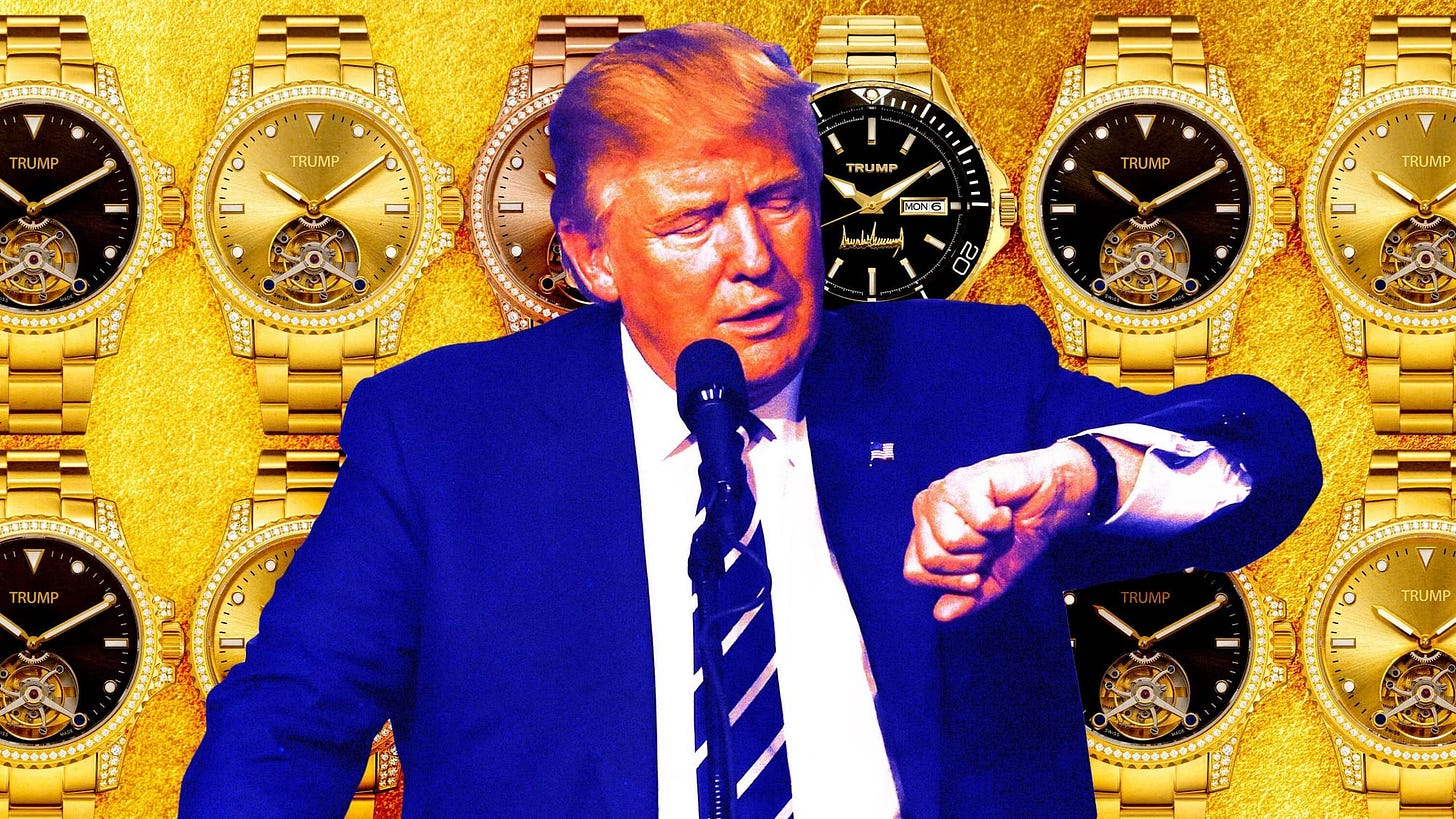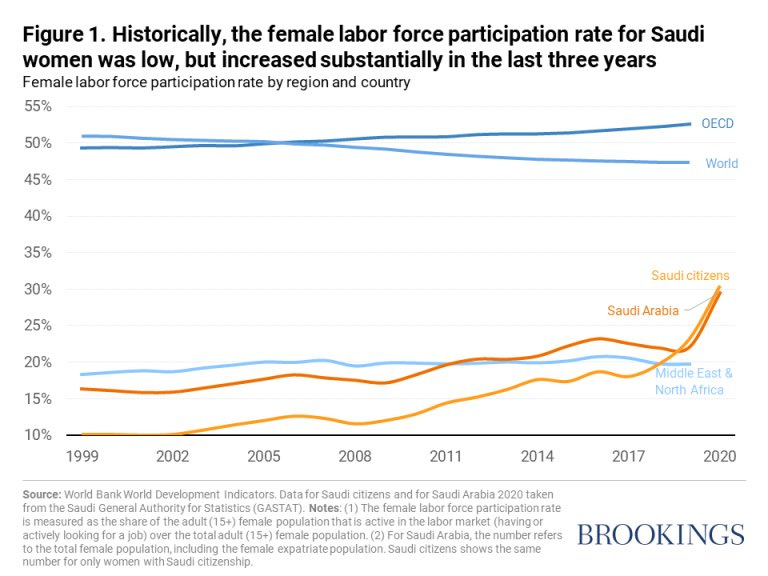How to Succeed in 2024: Lessons from Donald Trump and Jake Paul

If you paid attention to pop culture over the past few years, Trump’s 2024 victory might not seem so surprising. As Vox highlighted, the cultural zeitgeist had already shifted, reflecting a renewed embrace of conservative masculinity and spectacle-driven narratives. Jake Paul, the influencer-turned-boxer, offers a revealing parallel for understanding Trump’s enduring appeal. Both figures thrive on controversy, the promise of confrontation, and a media landscape designed to amplify polarisation. Their ability to capture attention turns their larger-than-life personas into tangible and lucrative assets.
Pop Culture Knew They Would Win
Before Trump’s reelection, pop culture was already leaning into values and archetypes that align closely with his persona. From country music’s resurgence as a dominant genre to films with overtly conservative themes like Reagan making millions at the box office, the pendulum had swung. As Kyndall Cunningham wrote in Vox, the past year was “rife with springboards for the conservative message,” including the rise of “bro” culture, patriotic entertainment, and figures like Morgan Wallen and Post Malone topping the charts.
Jake Paul’s rise mirrors this shift. He thrives on leveraging cultural trends and creating narratives. His fight against Mike Tyson at AT&T Stadium wasn’t just about boxing—it was about spectacle. The match, organised by Paul’s Most Valuable Promotions and streamed by Netflix, blended celebrity feuds, generational clashes, and promotional theatrics to create what Rebecca Jennings in Vox called a “professional match that is more spectacle than sport.” Tyson, at 58 years old, faced a much younger and fitter Paul in a fight where the outcome mattered less than the drama it generated.

What ties them even more closely is their brand-first approach. Jake Paul’s entire career is built on monetising attention, whether through his fights, merchandise, or NFTs. Trump, too, has turned his name into a global brand. From “Trump Tower” to the failed but unforgettable “Trump Steaks,” his approach goes beyond politics into a relentless pursuit of marketable moments. We also have the Trump gold watch, a product that epitomised luxury and status for his audience.
Their Playbook: Spectacle, Disruption, and Brand Power
Jake Paul’s carefully crafted persona—provocative, defiant, and omnipresent—offers a perfect analogue to Trump’s strategy. As Rebecca Jennings noted in her piece on Paul’s fight with Mike Tyson,
“To overfocus on the mechanics... is to miss the point.”
Both Trump and Paul understand that the real game lies in capturing and holding attention, not necessarily excelling by traditional standards. Their ability to bypass traditional gatekeepers has been pivotal. Paul built his empire on YouTube, connecting directly with fans without relying on mainstream approval. Trump, similarly, used creative campiagns to dominate the news cycle.
Media experts observed that Trump’s victory reflects a broader cultural shift, one where figures like Jake Paul provide a blueprint for success. Both Trump and Paul thrive on spectacle, leveraging controversy and unfiltered communication to dominate their respective fields. As Cunningham concluded, “Pop culture doesn’t just emerge out of nowhere... it shapes and reflects the values of the moment.”
The lesson from both Trump and Paul is clear: in a world driven by attention, creating compelling narratives - no matter how polarising - trumps traditional expertise or decorum. Trump’s 2024 victory wasn’t just a political event; it was a reflection of the values and strategies dominating our cultural landscape. And like Jake Paul’s fights, it was impossible to look away.
The real tragedy is the absence of an antidote—neither pop culture nor politics has yet found a compelling alternative to this attention-driven model, leaving us trapped in its endless cycle.

Round Ups
BRO’s Behavioural Science Innovation
The Border Roads Organisation (BRO) was ahead of its time, using behavioural science concepts in Himachal Pradesh and Leh-Ladakh long before they became popular. Their creative road signs carried messages ranging from road safety tips to emotional reminders like thinking of loved ones at home. These signs aimed to influence driver behaviour in unique ways. But did they really work?
Analysing their impact on road safety and awareness could provide valuable lessons on using behavioural insights in public policy, making it an interesting area for future research.

Saudi Arabia’s Unprecedented Cultural Shift
Saudi Arabia’s Vision 2030 is spearheading a state-led cultural transformation faster than any seen before, surpassing China’s and Soviet Uzbekistan’s historical changes. Enabled by wealth and advanced media connectivity, this shift is reshaping urban centres like Riyadh through major events like Jennifer Lopez’s performance and high-profile sports tournaments. Women’s workforce integration and increased public participation in cultural spaces signal rapid progress. However, rural areas remain traditional, showcasing a stark divide. Despite challenges like human rights concerns, Saudi Arabia’s reforms are setting a global precedent for how economic and cultural strategies can drive societal change. Read more at NPR
Many People Overestimate the Percentage of Immigrants in Their Country
Across the globe, people consistently overestimate the number of immigrants in their countries. In the United States, for example, the average guess is 33%, while the actual figure is just 15%. In Japan, people estimate 10%, though it’s closer to 2%. This widespread perception gap, highlighted by the 2023 Ipsos Perils of Perception report, reveals how misconceptions can distort public understanding of immigration. Read more
How to Cultivate Taste in the Age of Algorithms

In an era dominated by digital algorithms, curating your own taste has become a conscious effort. Kyle Chayka at Vox reflects on how platforms like Netflix and Spotify prioritise efficiency over depth, often flattening culture into easily consumable chunks. Drawing from personal experiences, he highlights the value of human curation, intentional exploration, and becoming a connoisseur of what truly resonates with us. This slower, deliberate approach not only enriches our appreciation of culture but also helps build meaningful connections in a peer-to-peer network of shared experiences. Read more





